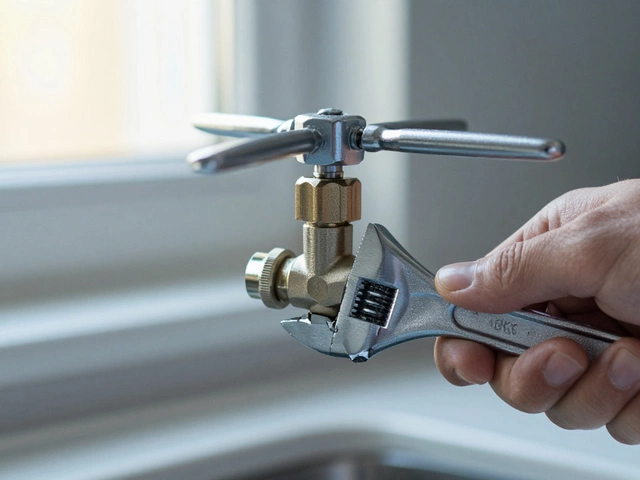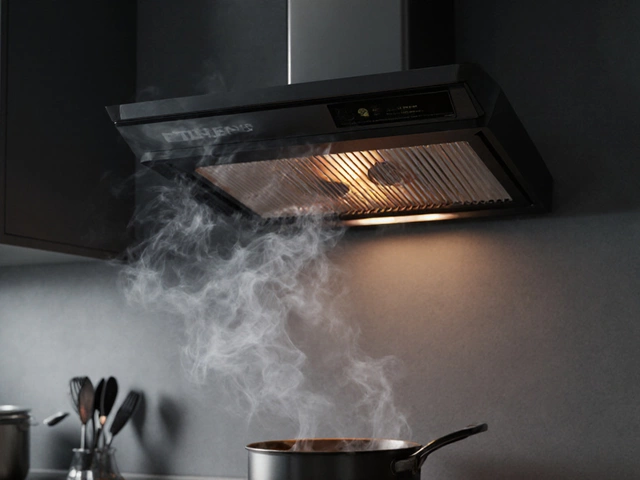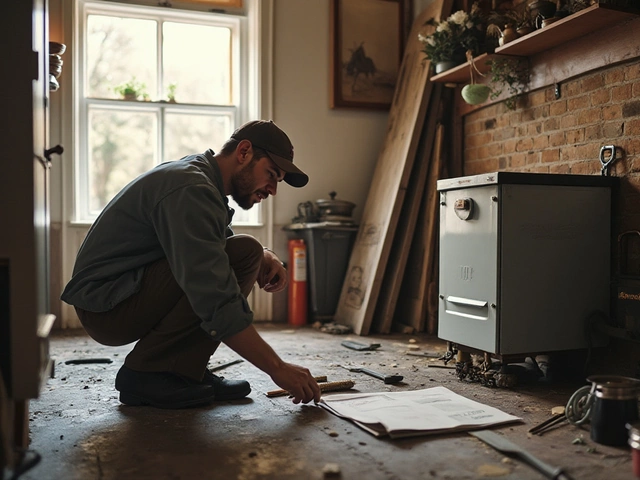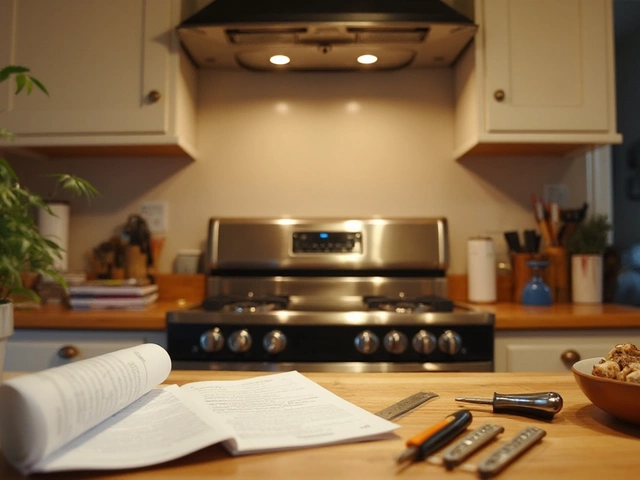Repair Guide: Simple Advice to Fix Your Home Appliances
Got a faulty oven, a noisy boiler or a fridge that won’t stay cold? You’re not alone. Most of us face an appliance breakdown at some point, and the right guide can save time, money and a lot of frustration. This page pulls together the most useful how‑to advice, safety tips and quick fixes for the appliances you use every day.
What You’ll Find on This Page
We’ve broken the guide into easy sections. First, you’ll see quick checks you can do before you pick up a tool – things like cleaning filters, resetting switches or checking power cords. Next, we dive into common problems for each major appliance category and give you the step‑by‑step fix that works in most homes. Finally, we let you know when it’s smarter to call a qualified technician rather than risk damage or injury.
Quick Wins You Can Try Right Now
Start with the simplest actions. If a dishwasher pools water, look at the filter and drain hose – a clog is often the culprit. For a washing machine that won’t spin, make sure the door is fully closed; many models won’t run if the latch isn’t engaged. An oven that won’t heat may just need a reset: turn the power off at the breaker for a minute, then switch it back on. These tiny steps solve more issues than you’d expect and can be done in under five minutes.
When you move on to deeper fixes, always unplug the appliance first. Safety is the number one rule. Use the correct screwdriver size to avoid stripping screws, and keep a flashlight handy – many control panels hide behind small panels that are hard to see.
For a fridge that’s not cooling, check the condenser coils at the back. Dust buildup makes the compressor work harder, raising energy use and reducing performance. A quick coil cleaning with a vacuum brush can restore proper cooling. If the coils are clean but the fridge stays warm, the thermostat might be stuck; turning it a few degrees up or down can reset it.
Boilers often give warning signs before they fail completely. Look for odd noises, leaking water or a pressure gauge below the green zone. If the pressure is low, you can usually top it up using the filling loop – a short, simple procedure explained in most boiler manuals.
Glass hobs and ceramic cooktops crack more often than you think. Small cracks can sometimes be sealed with a special repair kit, but larger breaks usually mean a full replacement is safer. If you’re unsure, a quick call to a local repair service can give you a price estimate before you decide.
Remember, every appliance has a typical lifespan. Knowing it helps you decide whether repair makes sense. A 15‑year‑old oven may cost more to fix than to replace, while a brand‑new fridge with a faulty fan is usually worth repairing.
When in doubt, ask yourself three questions: Is the repair cheap enough compared to a new unit? Can I do it safely with the tools I have? Will the fix last at least a year? If the answer is no to any, it’s time to call a professional.
Our repair guide collection includes detailed posts on each of these topics, from “Should You Repair a 15‑Year‑Old Oven?” to “How to Replace a Kitchen Extractor Fan Motor.” Browse the list, pick the issue that matches yours, and follow the clear steps inside. You’ll get the same tone we use here – straightforward, no‑fluff instructions that get the job done.
At Rugby Appliance Repair Services, we love helping people troubleshoot before they call us. If you’ve tried the quick fixes and still need a hand, give us a call. Our technicians are local, fast and fully insured, so you won’t be left hanging.







